45+ Sample Event Contracts
-
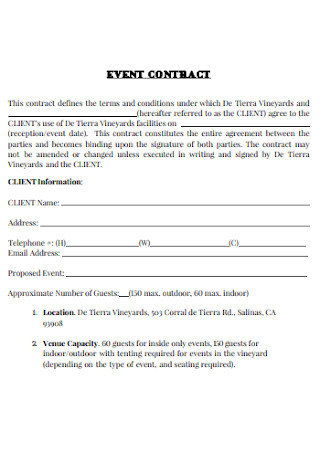
Sample Event Contract
download now -
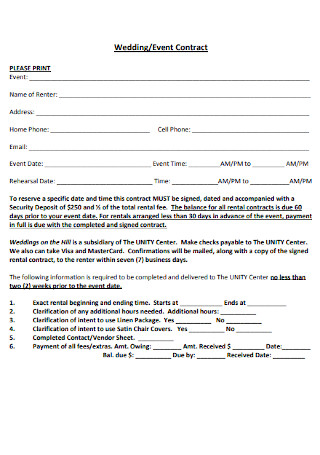
Wedding and Event Contract Template
download now -
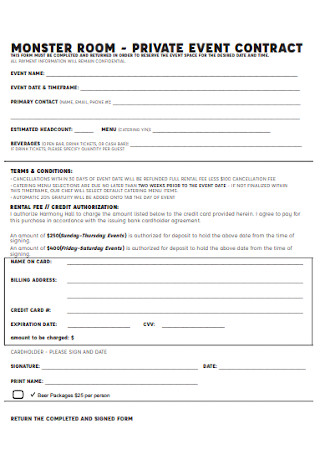
Private Event Contract
download now -
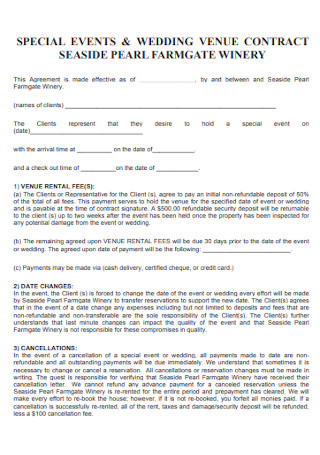
Special Event Venue Contract
download now -
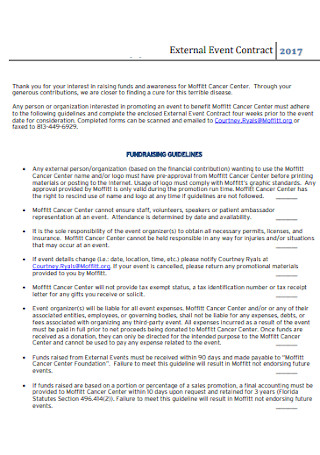
External Event Contract
download now -
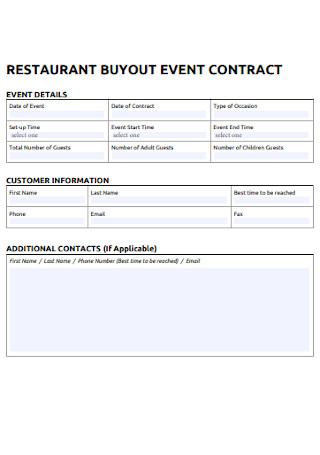
Restaurant Bay Out Contract
download now -
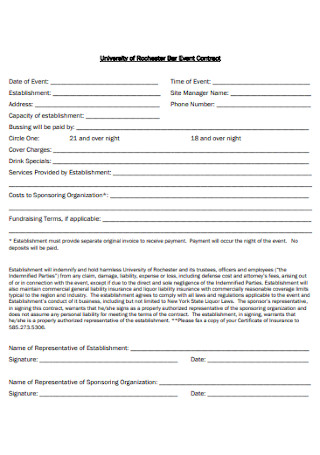
Bar Event Contract
download now -
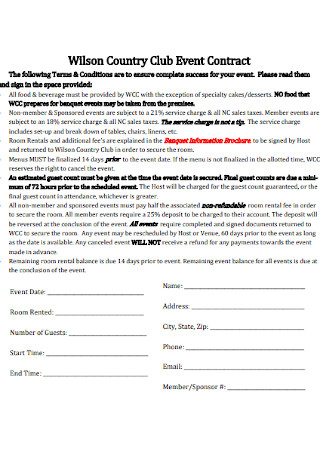
Club Event Contract
download now -
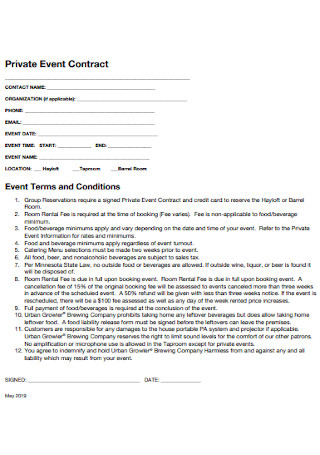
Sample Private Event Contract
download now -
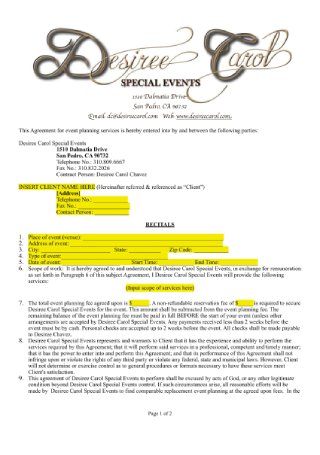
Special Event Contract
download now -
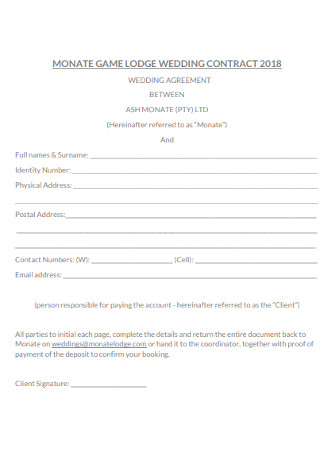
Lodge Wedding Event Contract
download now -
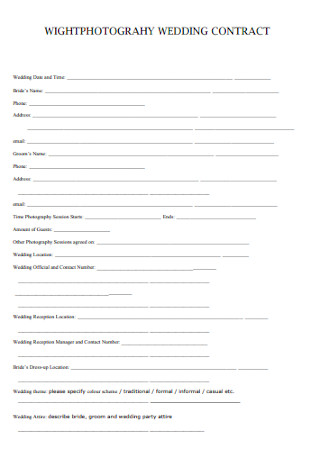
Wedding Event Wightphotography Contract
download now -
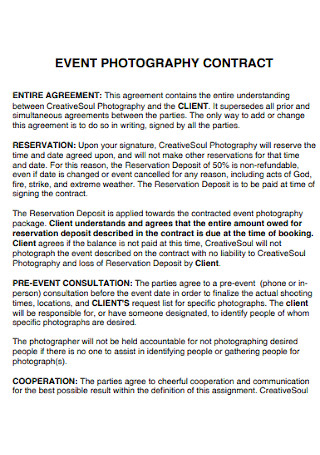
Event Photographer Contract Template
download now -
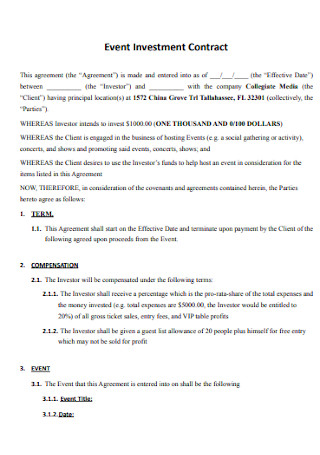
Event Investment Contract
download now -
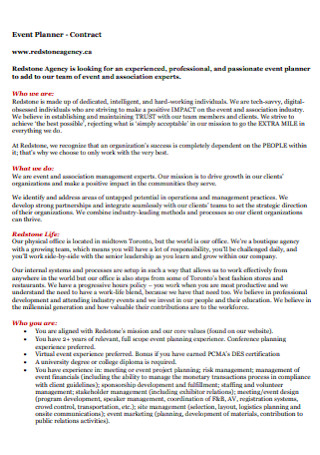
Sample Event Planner Contract
download now -
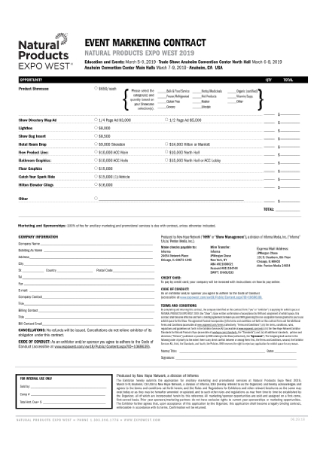
Event Marketing Contract
download now -
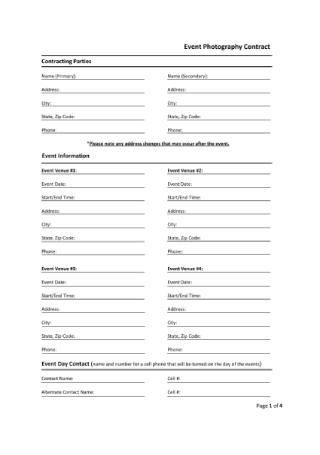
Event Photography Contract
download now -
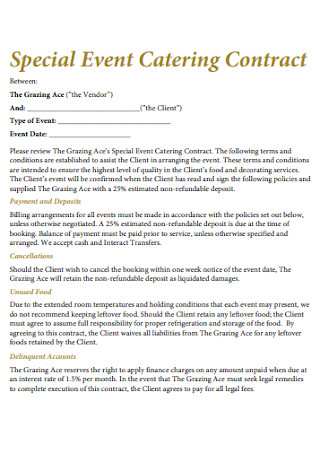
Special Event Catering Contract
download now -
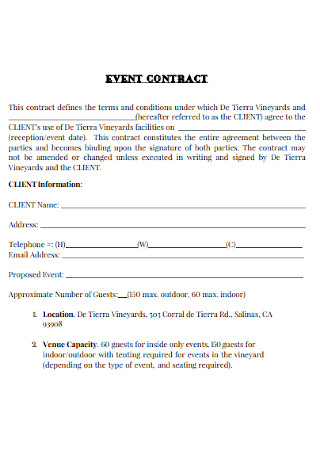
Basic Event Contract
download now -
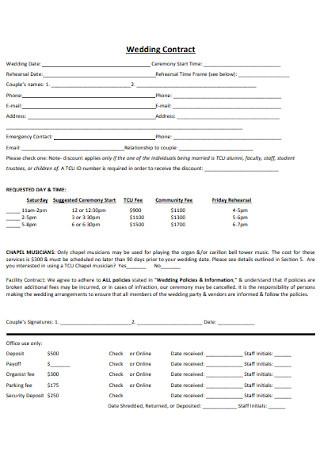
Sample Wedding Event Contract
download now -
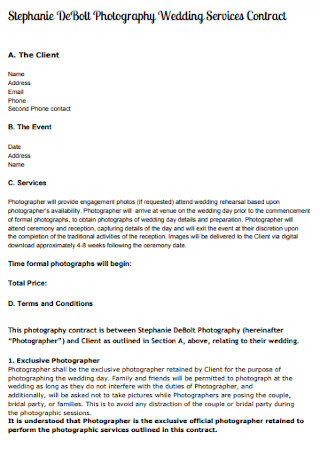
Wedding Event Services Contract
download now -
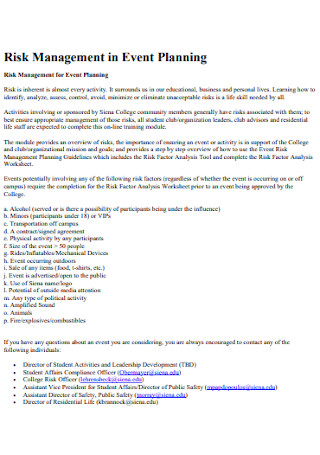
Event Management Planning Contract
download now -
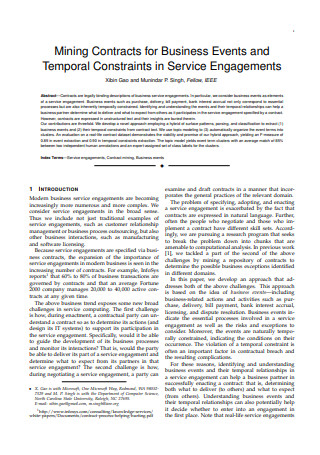
Mining Contract for Business Event
download now -

Sample Event Marketing Contract
download now -
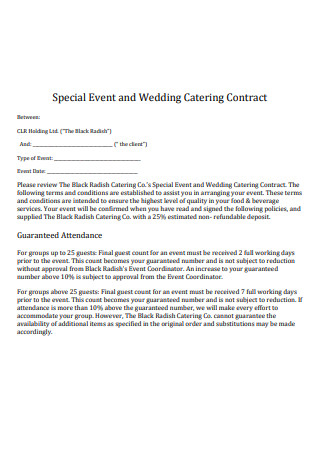
Event Wedding Catering Contract
download now -
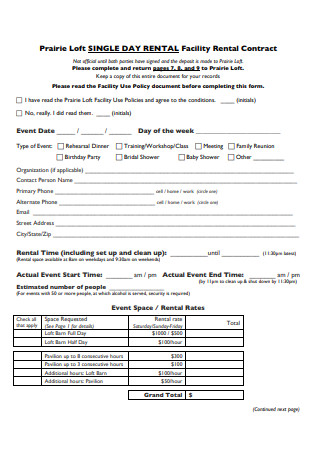
Single Day Event Rental Contract
download now -
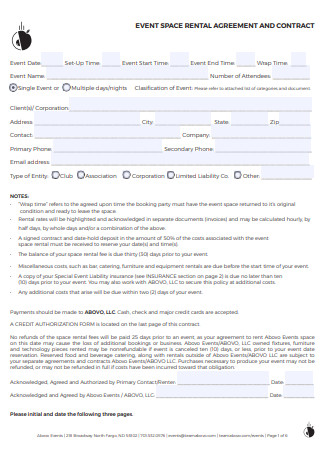
Event Space Rental Contract
download now -
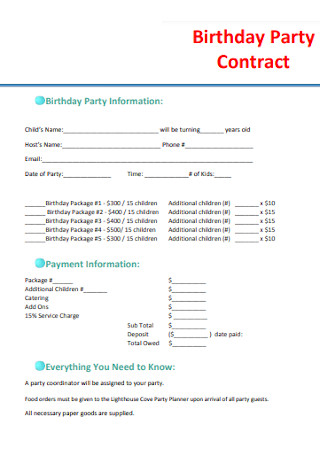
Birthday Event Contract
download now -
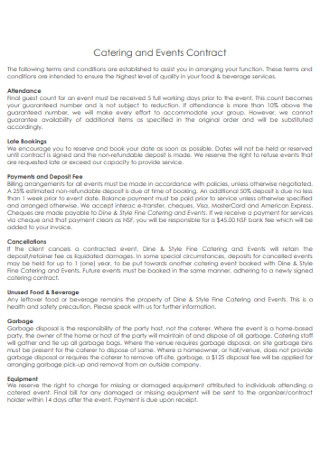
Event and Catering Contract
download now -
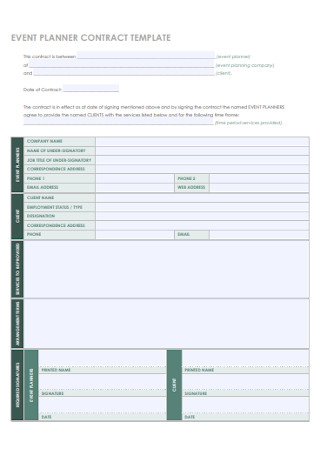
Event Planner Contract Template
download now -
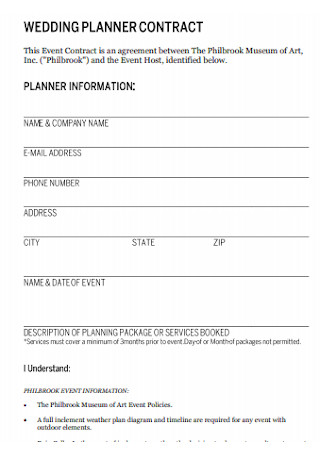
Event and Wedding Planner Contract
download now -
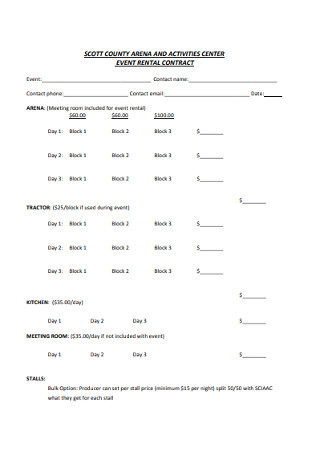
Event Rental Contract
download now -
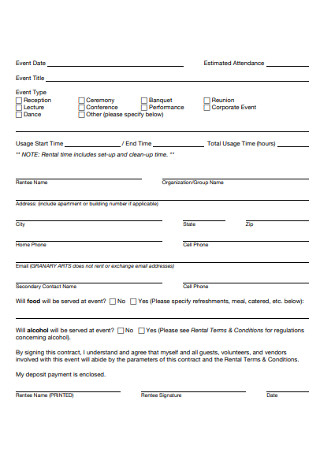
Event Venue Contract
download now -
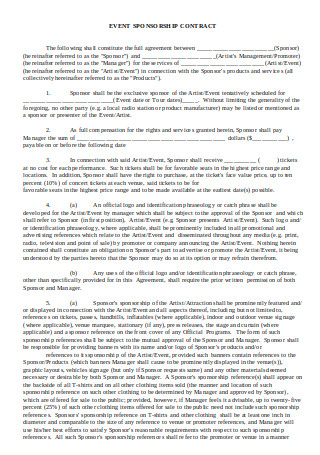
Event Sponsorship Contract
download now -
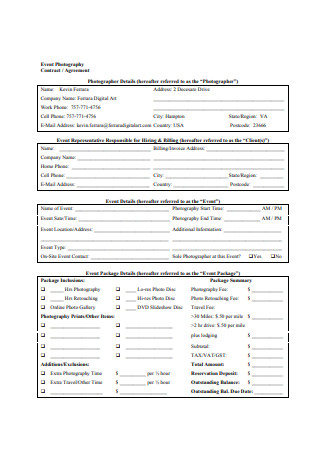
Sample Event Photography Contract
download now -
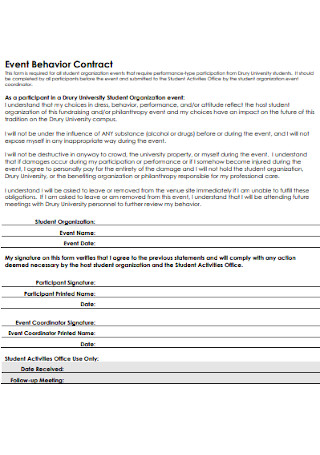
Event Behavior Contract
download now -
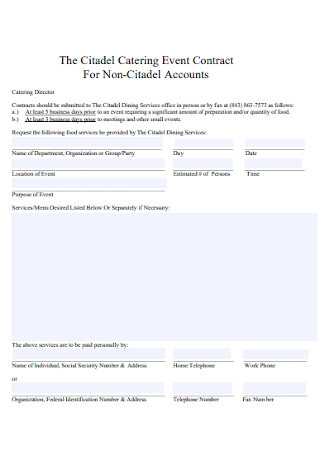
Event Catering Contract
download now -
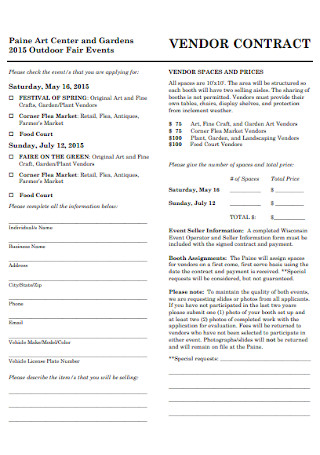
Event Vendor Contract
download now -

Event Investment Contract
download now -
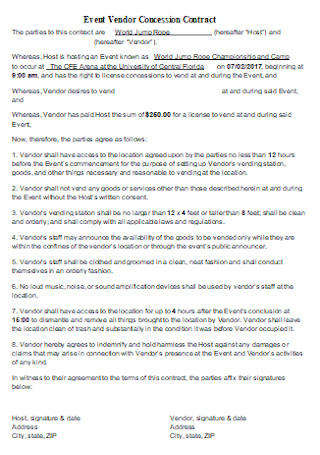
Event Vendor Concession Contract
download now -
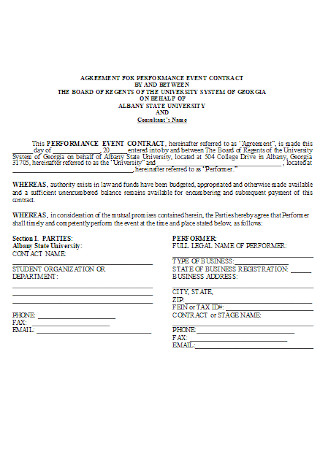
Event Performance Contract
download now -
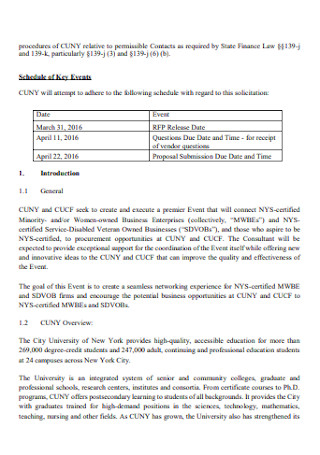
Event Consultant Planner Contract
download now -
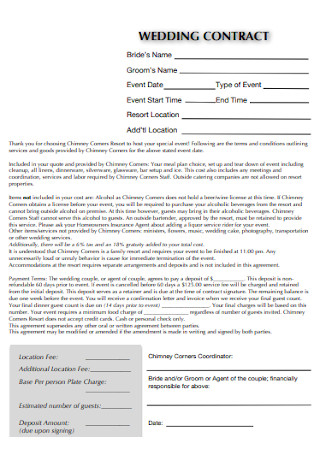
Resort Wedding Event Contract
download now -
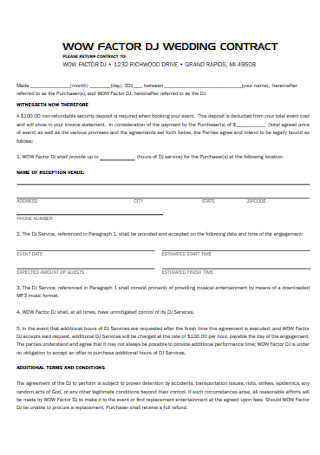
DJ Wedding Event Contract
download now -
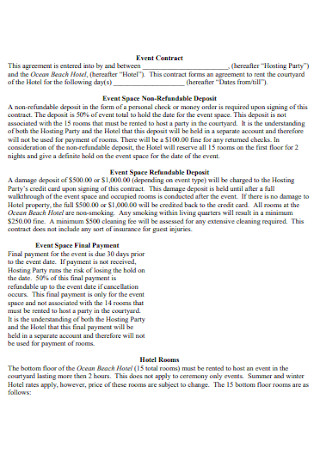
Hotel Event Contract
download now
Events held in the US range widely from small and simple to large and grand, depending on the nature of the event. Event planners work with a variety of people with different backgrounds and financial statuses. Event planners ensure that everything goes smoothly and according to the financier’s wishes and requests. To protect both parties from any unforeseen circumstance, it is necessary for the planners and the hosts to come to a simple agreement. Check out the event contract templates available below and share your ideas with a potential event in the future.
What Is an Event Contract?
Any written contract is a legally binding agreement between two parties, commonly a promisor and a promisee, and in some cases, a third-party beneficiary. Event planners are keen on creating event contracts with the understanding it serves as a vital component in ensuring a successful event. Event consultants do so by pressing the signing party, in writing, to an agreed set of terms and conditions. People’s indecisiveness to write contracts stems from feeling scared or unsure of the content. The idea of agreeing to a settlement is a way for a potential lawsuit to arise between the parties. The contract highlights the outline of the proposed activities of the event with the expectation of the promisor. It helps to eliminate any sort of miscommunication between the parties regarding outcomes and event ideas. It also identifies any failures that might occur and any subsequent resort.
According to the U.S. Bureau of Labor Statistics in the Occupational Outlook Handbook, as of 2020, the median pay of meeting, convention, and event planners ranges from 24.79 US dollars an hour and 51,560 US dollars a year. Event planners gather a decent amount of money for the events they make, considering events are held less since the start of the pandemic.
Components of an Event Contract
It helps to have a contract drafted to protect both parties because verbal agreements are not enough. The arrangement ensures that parties have a clear understanding of the function, meeting, or event schedule. Any additional information or aspects of the agreement also reflects on the contract. When planning and drafting the event contract, be sure to include the following elements.
How to Create a Comprehensive Event Contract
As stated above, no event contract is the same. It means the contract must satisfy the needs of both parties with inclusions depending on the terms of the agreement. Here are the steps in creating a comprehensive event contract.
Step 1: Meet Up with the Contractor of the Event
The first step to any event contract negotiation is to meet up with the contractor. It is better to discuss the terms of the contract first before discussing terms or payments. During the first meeting, the client and the event planner discuss the type, scale, and purpose of the event. These details help the organizer to visualize all services or products associated with the event itself. Both parties converse about what the contractor wants to accomplish before, during, and after the event.
Step 2: Negotiate the Terms of Agreement
Once the event planner organizes information from the initial meeting, the creation of an event contract follows. The agreement must suit the needs and requests of the contractor according to the discussion with the organizer. The event planner lists all the services and products requested, including the services outside the scope of the arrangement. It is also advisable to negotiate an estimate of the total amount due based on the assistance by the organizer.
Step 3: Settle On the Payment Schedule and Terms
Once the terms and conditions are clear with both parties, they settle on a payment schedule, along with the terms and modes of payment. Include the negotiation on the initial amount and succeeding installments due dates. Make sure that the contractor understands the schedule and pays the dues on time. It ensures a smooth transaction between the parties involved in the agreement. It also gives the contract ample time to prepare for the needed services before the date of the event.
Step 4: Include Safety Clauses
For the benefit of both parties, include clauses that secure and detail liabilities in cases of cancellation, termination, or indemnification of the contract. These clauses protect the event planner from losing money if unforeseen events arise throughout the event planning process. Include a cancellation clause for the client’s benefit in case the organizer opts out of the contract. Make sure that these clauses are properly and openly communicated between the parties to avoid conflict and confusion.
FAQs
Does an event planner earn good money?
On average, event planners gain decent amounts of money per hour, event, or year. However, some factors contribute to event planners gaining higher pays. These include skills, career path choices, raises, and promotions. For skills development, it is desirable to know about current trends. Gather information related to the event of the contractor. Start being organized by using daily planners or monthly calendars as well as to-do lists. As an event planner, it is also necessary to establish a broad network of connections. Make sure that the people in the network are reliable and organized to exude confidence to the clients. Career path choices also contribute to earning a decent amount of money. A hospitality degree, a public speaking course, and a marketing degree contribute largely to marketing the skills of an event planner. A sure way to increase earnings is to get a raise. It is essential to build up your client base. The more people know about you and how good you are at your job, the more opportunities arise and are made abundantly available. Remember to give clients business cards to grow the client base and ask clients to mention the business to people who need planning services. Titles are critical to increasing your market value. Make sure to ask management for a promotion based on the performances and opportunities generated towards the company. It is noteworthy to do this on good terms and communication.
Is event planning a good career path?
Event planning seems like an easy career path looking from the outside. However, there are plenty of factors that contribute to being a reliable and excellent event planner. The entire experience is challenging, exciting, and rewarding. There are plenty of opportunities and advantages related to event planning. One is it’s full of variety. Event planners control how wide or narrow they want to launch their professional range. Most event planners focus on different events ranging from weddings, team building activities, corporate events, lunches, and even world-class events. Planners can also opt to start their own business through freelancing, a planning agency, or in-house employment for a particular company. Some also shift from one to the other throughout their career. The job in itself is mobile; it’s a career that allows the organizers to travel freely. Event planners also have the advantage of working from the comfort of their homes by only having their phones, laptops, computers, and a stable internet connection. It is advantageous, especially when meeting with clients and suppliers, inspecting venues, and sampling products. Event planning also engages critical thinking, social skills, organization skills, attention to detail, and punctuality. It also encourages the use of imagination in creating unique and beautiful events. Every event brings a different excitement and challenge to an event planner’s career. There is no one solution to a problem, and it enhances creativity and problem-solving skills. Lastly, hard work is always worth it in the end. Once the planner poured their heart and soul into the event, the satisfaction is beyond compare. If you’re interested in an exciting, rewarding and career that offers variety, then a career path in the event planning industry is perfect for you.
What are the common challenges faced by event planners?
There are plenty of problems event organizers face before, during, and after the event process. It’s advisable to know what possible problems arise to prevent them from happening and cause confusion. Understaffing is a frequent problem and impacts the whole event. It is advantageous to prepare a list of names of the staff member along with their specific roles and responsibilities. Another problem for event planners is overspending. It happens because of quick requests and alterations, so it is desirable to create a list of all products and services associated with the event plan. Networking is also a common challenge faced by many event planners. Despite the busy event, there are plenty of opportunities to expand your networking circle. It could be in the form of a quick party after the event, mid-event lunch consultations, and even social lounges. Disregard of a backup plan is also one of the shortcomings event planners have to face. No matter the situation, it is always appropriate to design a backup strategy and consider venues, insurances, and other plans other than the initial. Another problem is the number of guests joining an event, whether it is less or more than what you expect. It is essential to adjust all event plans accordingly to the number of attendees, making sure to accommodate them in the venue.
All events vary in length, time, and the number of people attending. It is necessary to know the complete details of an event to ensure proper communication between both parties. Make sure the parts of the event contract reflect, especially payment terms and details, protective clauses, and necessary details about the contractor and client. It is also important to consider writing the contract with the proper knowledge of all event details. As an event planner, it is necessary to make sure that all things according to plan. In the words of Oscar Auliq-Ice, “Things don’t always go as planned, but it’s when you make a plan out of the unplanned and make the best of the unlikely things In life.” Check out the event contract samples in the article above, and make sure to bring out the best of your creativity in the events you plan in the future.
